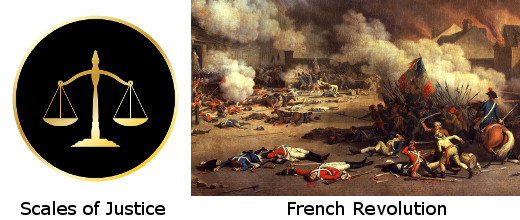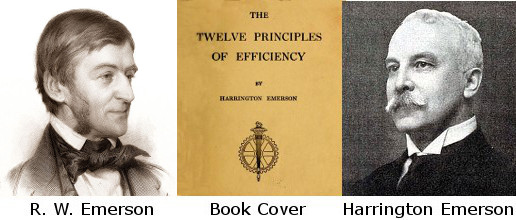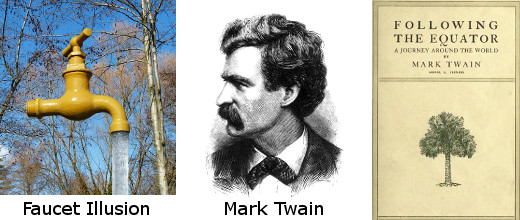W. H. Auden? Apocryphal?
Question for Quote Investigator: The following evocative statement has been attributed to the prominent poet W. H. Auden:
A false enchantment can all too easily last a lifetime.
I find it so frustrating that people post and repost this quote without pointing to its precise source. Would you please help?
Reply from Quote Investigator: In 1970 W. H. Auden published “A Certain World: A Commonplace Book”. The term “commonplace book” referred to a personal journal in which quotations, comments, observations, and other documents were gathered together for preservation. Auden’s volume was organized into an alphabetically ordered sequence of topics. The section titled “Enchantment” presented a quotation followed by a commentary:1
Where is your Self to be found? Always in the deepest enchantment that you have experienced.
HUGO VON HOFMANNSTHALThe state of enchantment is one of certainty. When enchanted, we neither believe nor doubt nor deny: we know, even if, as in the case of a false enchantment, our knowledge is self-deception.
The quotation appeared in Auden’s discussion of the divergence between true and false enchantments. Boldface has been added to excerpts:
All true enchantments fade in time. Sooner or later we must walk alone in faith. When this happens, we are tempted, either to deny our vision, to say that it must have been an illusion and, in consequence, grow hardhearted and cynical, or to make futile attempts to recover our vision by force, i.e., by alcohol or drugs.
A false enchantment can all too easily last a lifetime.
Here are additional selected citations in chronological order.
Continue reading “Quote Origin: A False Enchantment Can All Too Easily Last a Lifetime”

